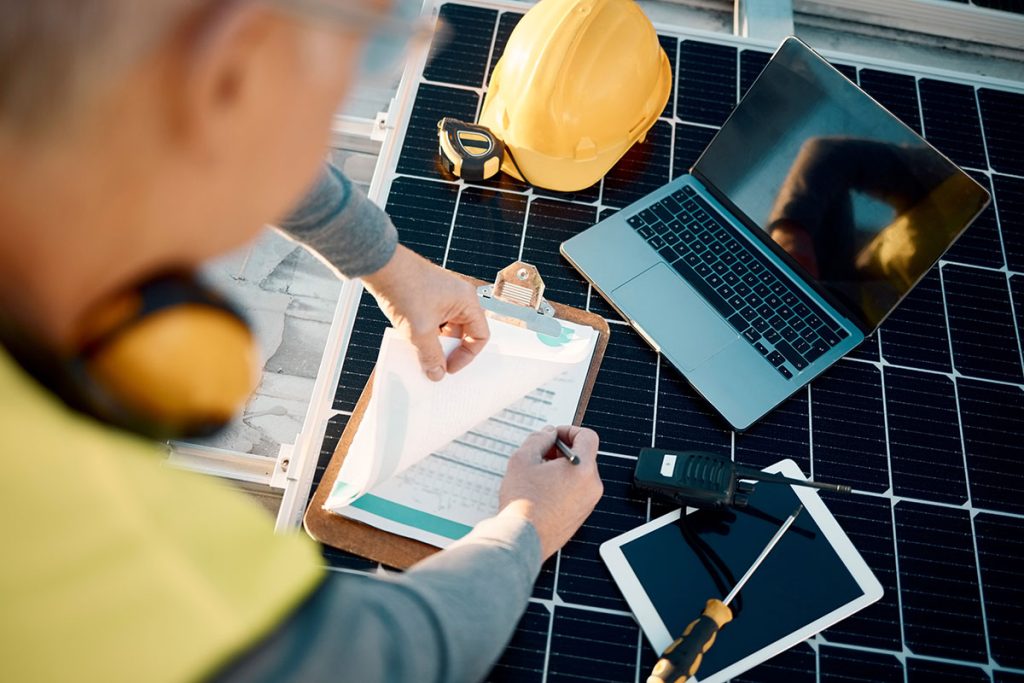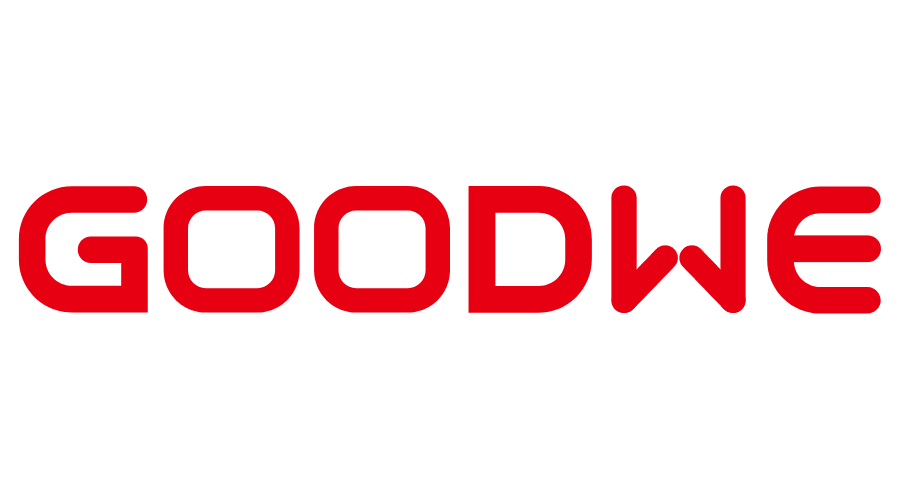Solar System Upgrades
Upgrading your solar system can be a strategic decision driven by several factors, each contributing to enhanced efficiency, increased energy savings, and a more sustainable energy future. Here’s a comprehensive summary of why you might consider upgrading your solar system:
- Technological Advancements: Solar technology is evolving rapidly. Upgrading your solar panels allows you to benefit from the latest advancements, such as higher efficiency, improved durability, and enhanced energy production. Newer models often incorporate cutting-edge materials and design innovations, providing a significant boost to your system’s overall performance.
- Increased Energy Production: Over time, solar panels can experience a decline in efficiency due to wear and tear. Upgrading to newer, more efficient panels can substantially increase your system’s energy production. This not only maximizes your electricity generation but also ensures that you are harnessing solar power to its fullest potential.
- Battery Storage Integration: With the rise of energy storage solutions, upgrading to include battery storage can revolutionize your solar system. Batteries allow you to store excess energy generated during peak sunlight hours for later use, providing a consistent power supply even during cloudy days or at night. This level of energy independence can significantly reduce reliance on the grid.
- Cost Reduction: Advances in solar technology often lead to cost reductions. Upgrading your solar system may initially involve an investment, but the long-term benefits can outweigh the costs. Higher efficiency panels and improved components can result in increased energy savings, leading to a quicker return on investment and lower overall energy expenses.
- Environmental Impact: If your current solar system is older, upgrading to more efficient models contributes to a smaller carbon footprint. By harnessing solar energy more effectively, you reduce reliance on conventional energy sources, thereby lowering greenhouse gas emissions and promoting a cleaner, more sustainable environment.
- Government Incentives and Rebates: Governments often introduce incentives and rebates to encourage the adoption of renewable energy technologies. Upgrading your solar system during these periods can lead to substantial financial benefits, making the investment more attractive and cost-effective.
- System Expansion: If your energy needs have increased since your initial solar installation, upgrading allows you to expand your system’s capacity. Additional panels or more advanced technology can accommodate higher energy demands, ensuring your solar system aligns with your current lifestyle or business requirements.
- Smart Technology Integration: Upgrading presents an opportunity to integrate smart technologies into your solar system. Smart inverters, monitoring systems, and automation features can enhance your ability to manage and control your energy production, providing real-time insights and optimizing your system’s performance.
- Warranty Expiration: Solar panels typically come with warranties that last for a specific duration. If your current system is approaching the end of its warranty period, upgrading ensures continued protection against unforeseen issues. Newer panels often come with extended warranties, offering peace of mind for years to come.
- Resale Value: Upgrading your solar system can enhance the overall value of your property. Energy-efficient features, especially those powered by renewable sources, are increasingly attractive to homebuyers. An upgraded solar system can make your property more marketable and potentially increase its resale value.
In summary, upgrading your solar system is a multifaceted decision influenced by technological advancements, energy efficiency, cost considerations, environmental consciousness, government incentives, evolving energy needs, and the desire to leverage the latest innovations in solar technology. By carefully assessing these factors, you can make an informed decision that aligns with your goals for sustainability, cost-effectiveness, and energy independence.









